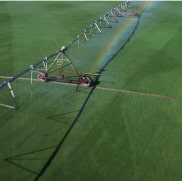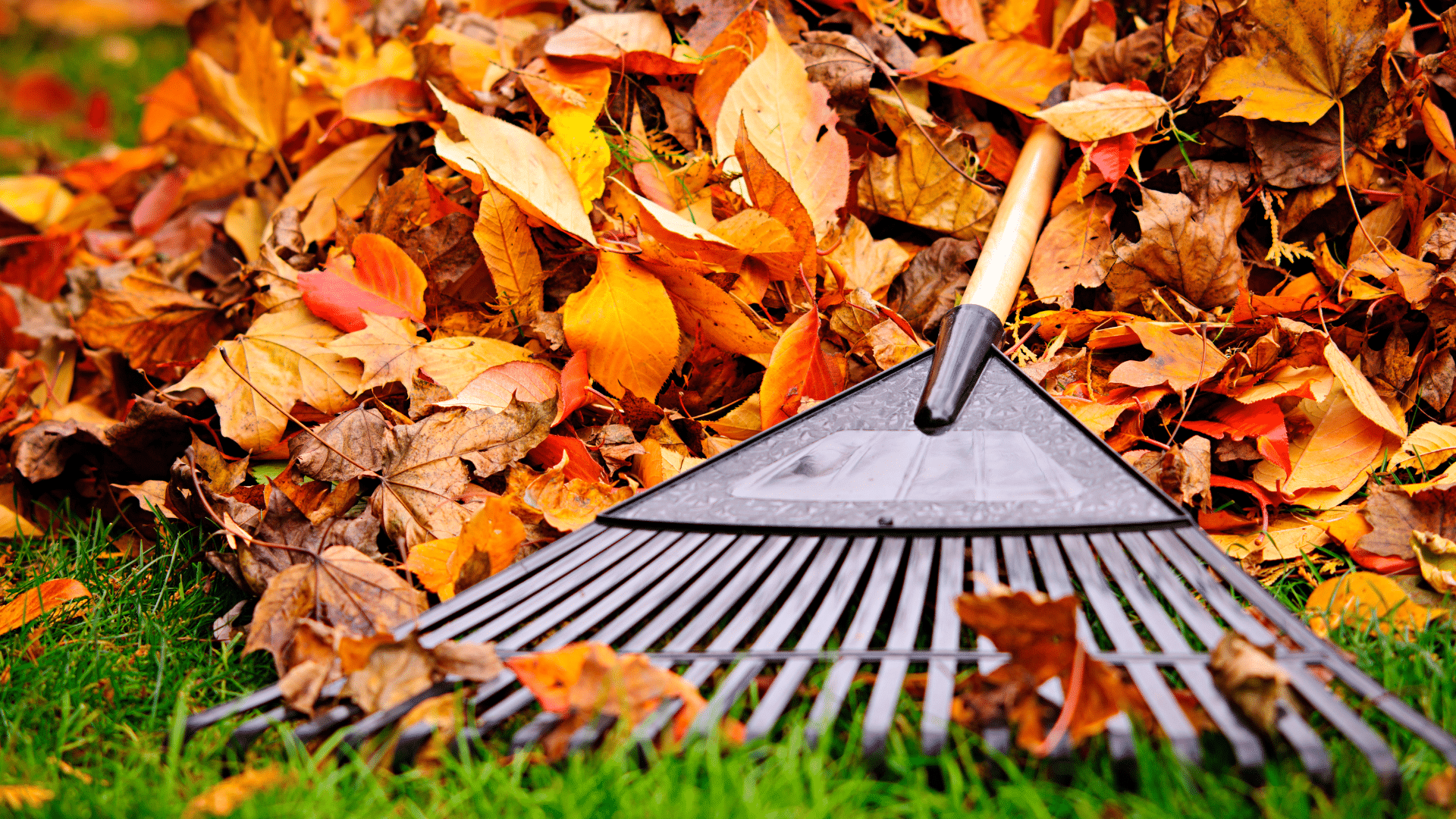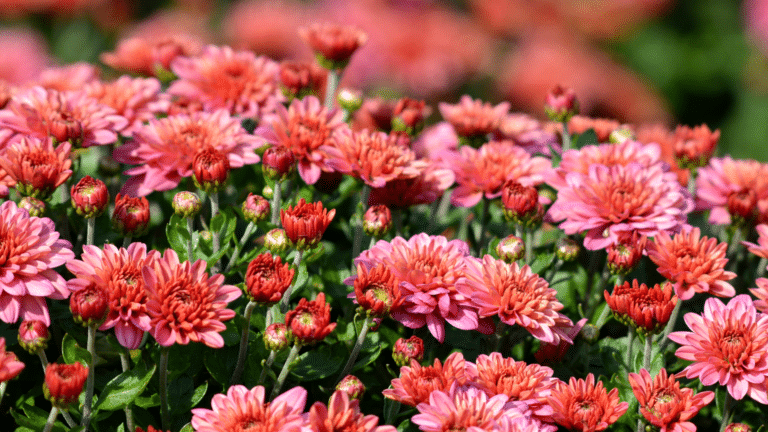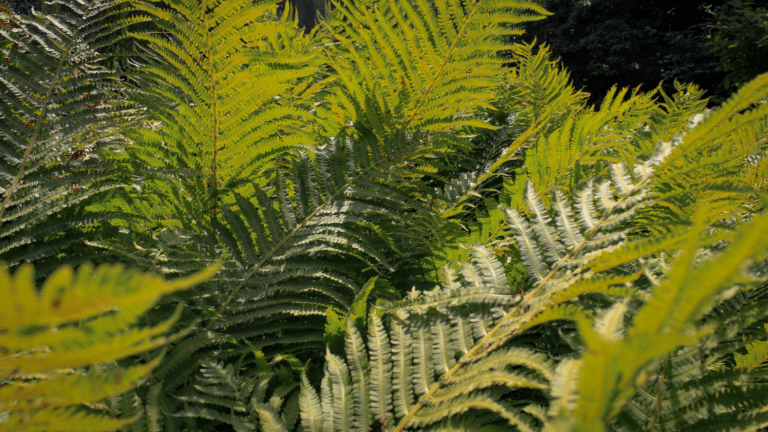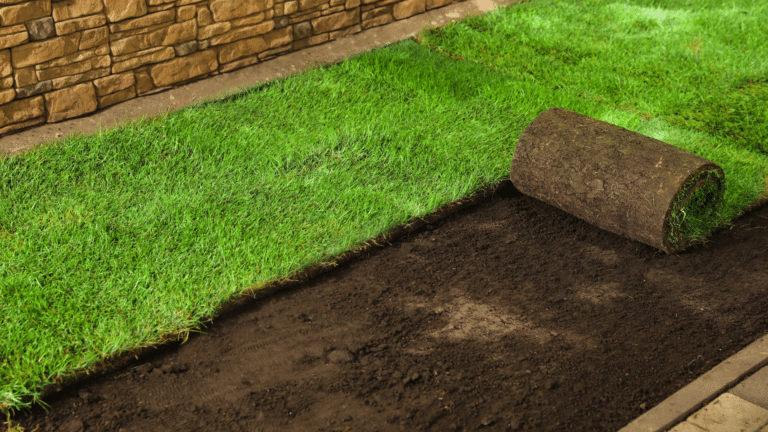- Use a mulching mower to mulch fallen leaves right into the lawn. If leaves have accumulated too much, rake them into a pile and mow before spreading them on the garden beds. They are the best composting material you can find – and the price is right too!
- Cut back perennial foliage if you prefer a clean look in the garden in the winter. Or, if you want, leave this chore for spring. Dried plant tops do provide cover and landing places for the birds all winter long and it also protects the crown of the plant.
- Mulching with a commercial product (premium hardwood, pine fines, or other shredded material) can help protect the plants during winter. Perennials should not be smothered with too much too close, as this can promote disease. If you are using commercial mulch, leave a ring of open soil at the base of each perennial.
- Shredded leaves can also be used for a mulch around plants that need extra protection. They can be kept in place with a plastic collar that has fasteners and is easy to apply. These tender perennials can also be bedded with straw or evergreen branches left over from winter decorating.
- Gather and discard any diseased plant material from the edible garden. Do not put this in your compost, as this can encourage re-infestation next season.
- Once bare, the edible garden can be nourished over the winter with shredded leaves, grass clippings and healthy garden clippings. Spread a generous layer on the garden soil and that’s it! No need to till in. This organic matter will make its way into the soil structure and feed the soil food web.
- If soil testing is on your winter schedule, collect your sample now. You’ll need a total of 2 cups selected from several locations in the area you want tested.
- Wrap or surround small evergreen shrubs that need extra protection from winter wind and salt spray. Use burlap and stakes to create a strong screen that will stand up to winter storms.
- Use Wilt Stop spray, a natural product derived from the resin of pine trees, primarily on broadleaf evergreens. One application each season is adequate, and the directions will tell you how to treat each type of plant.
- Wrap immature trees or trees that need extra protection from deer, rabbits and other winter feeding critters because of their location.
- Water evergreens thoroughly with up to 3 inches of water just before hard frost.
- After all or most of the leaves are down, fertilize the lawn one last time with a fertilizer designed for pre-winter application.
- Empty, cover and/or store rain barrels and water features.
- Empty compost tumblers unless they are going to overwinter in a location where the contents will not freeze.
- If you have a dry compost bin, turn the compost before frost.
- Drain and store hoses and drip irrigation systems.
- Mow one last time, then clean mower and remove the blade for sharpening.
- Clean the rust off of all tools with steel wool, wash the blades with rubbing alcohol and spray with lubrication before storing for winter.






